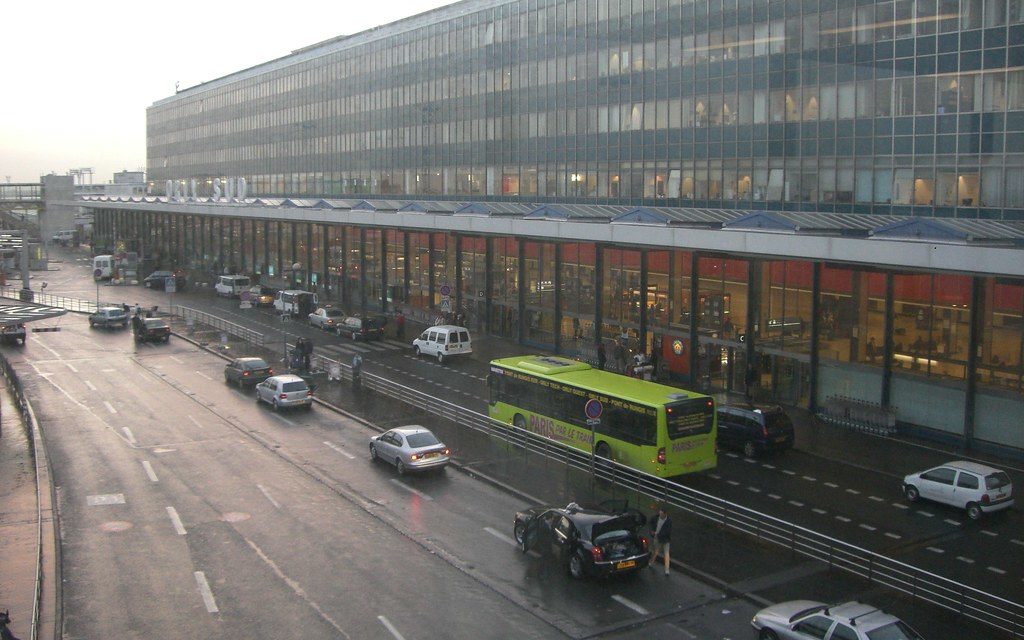 On May 23, 2023, France’s sustainability-forward move to ban short-haul direct flights between Paris-Orly airport and three major cities — Nantes, Bordeaux, and Lyon — came into law, signalling a significant shift in Europe’s transportation landscape. Despite the paradigm shift, Groupe ADP, Air France, and Société Nationale SNCF SA (SNCF SA) are projected to remain steadfast, with limited financial repercussions expected.
On May 23, 2023, France’s sustainability-forward move to ban short-haul direct flights between Paris-Orly airport and three major cities — Nantes, Bordeaux, and Lyon — came into law, signalling a significant shift in Europe’s transportation landscape. Despite the paradigm shift, Groupe ADP, Air France, and Société Nationale SNCF SA (SNCF SA) are projected to remain steadfast, with limited financial repercussions expected.
The legislation, ratified by the European Commission in December 2022, disallows these direct flights on grounds of environmental protection. The rationale is that a train journey under 2.5 hours can replace these flights. Moreover, the existing rail infrastructure can effectively manage the influx of passengers, thanks to the efficient train schedules in the early mornings and late evenings. However, connecting flights are exempt from the ban.
For global aviation giant Groupe ADP, operating over 20 airports, including Paris-Orly, the ban’s financial impact is predicted to be inconsequential. This prediction is based on the fact that mainland France accounted for less than 15% of total passenger traffic in 2022. The freed-up slots from the banned flights will likely be scooped up by other airlines, including Air France, for destinations unaffected by the new legislation. Paris-Orly, one of the two international airports in Paris and a hub for Air France, will likely maintain a healthy traffic volume.
Air France, the flag carrier of France, had already stopped short-haul direct flights between Paris-Orly and the three cities in 2020. This was one of the stipulations to secure a substantial EUR 7 billion liquidity support from the French government during the pandemic. As such, the new legislation won’t significantly affect Air France.
Meanwhile, SNCF SA, a state-owned passenger and freight logistics group boasting a robust network of high-speed rail lines, may see this ban as an opportunity. The legislation could drive increased passenger traffic to SNCF SA’s intercity high-speed rail service, primarily operated by SNCF Voyageurs SA. However, the financial impact of the ban on SNCF SA’s turnover is expected to be marginal at this point.
In a bold move, the French government announced in February 2023 that it would invest an impressive EUR 100 billion by 2040 to expand and upgrade the rail network in France. This mega project will be a joint investment with the EU, SNCF SA, and sub-sovereign governments. An annual budget of EUR 1.5 billion for the next five years has been allocated to modernize existing lines to increase capacity, improve reliability, and reduce journey times. Additionally, the government plans to roll out express commuter rail networks in major metropolitan areas, mirroring Paris’ rapid regional express (RER) system. This initiative is currently under review at the French National Assembly.
However, concerns persist regarding the rail network’s ability to compete with flight journey times. The transition from air to rail may be challenging without substantial technological advancements in the rolling stock and related infrastructure.
Furthermore, the construction and development of high-speed rail infrastructure are considerable undertakings. Completion could be decades away. By then, innovations such as sustainable aviation fuel, hydrogen combustion technology, and electric aeroplanes may have significantly reduced greenhouse gas emissions, negating some of the environmental benefits of the switch to rail.
The French government’s bold move could inspire similar policies committed to reducing greenhouse gas emissions in other countries. Several strategies are under consideration, such as additional airfare taxes for specific routes, capping the number of aircraft movements at airports, and outright bans on specific flight routes. However, these actions may face legal hurdles and complexities, varying significantly globally. For instance, EU member countries must adhere to EU competition law, freedom of movement regulations, and other related laws and processes, or risk potential legal battles.
In summary, despite France’s progressive move to ban short-haul domestic flights, the expected impact on key transportation players like Groupe ADP, Air France, and SNCF SA is likely minimal. As the world continues its battle against climate change, this development serves as a reminder of the potential challenges and opportunities in our collective journey towards a sustainable future.
Written by: Jill Walsh

















